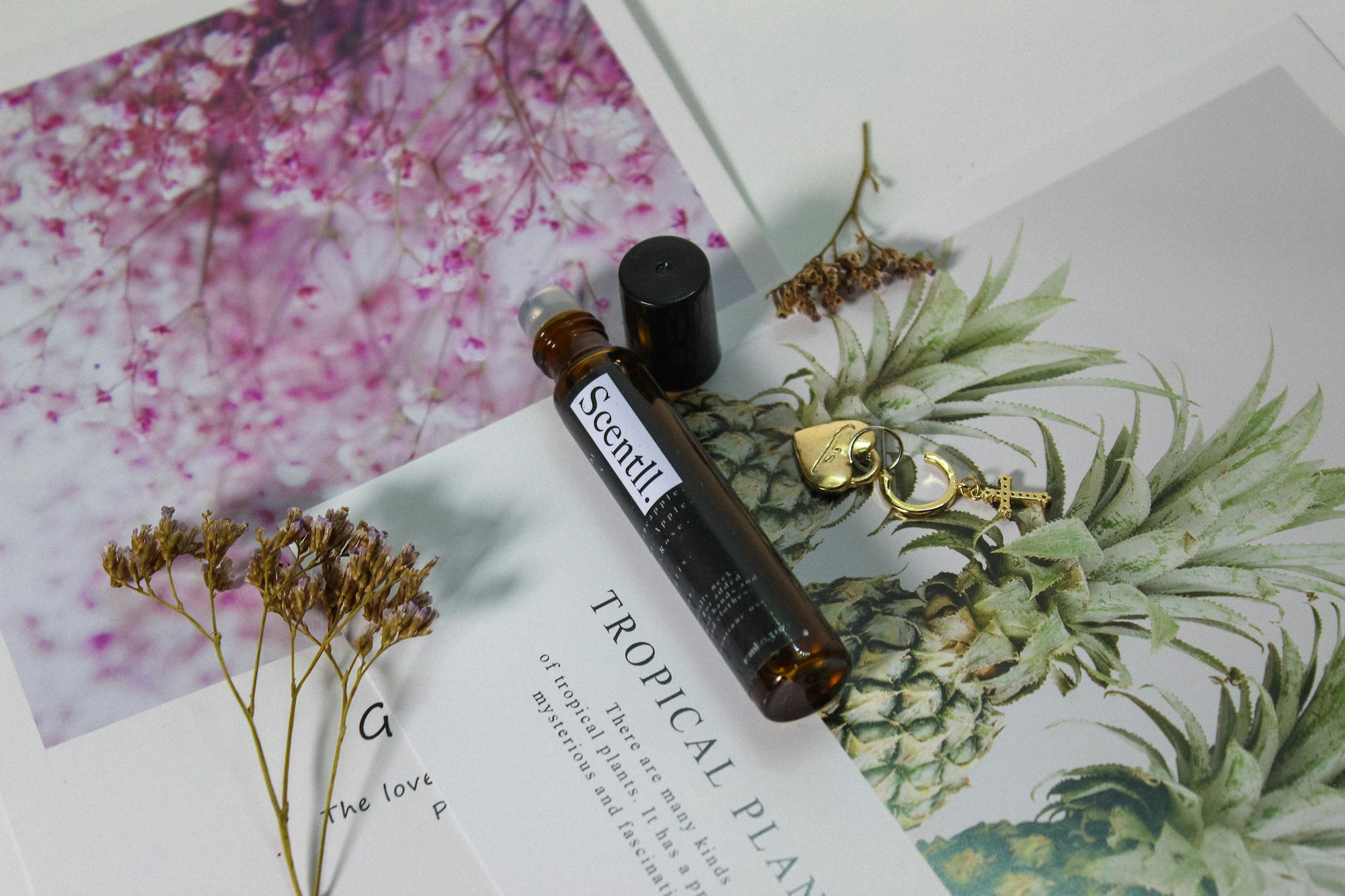Aromatherapy, a holistic healing practice that utilizes the natural properties of essential oils, has gained popularity as a means of enhancing well-being and promoting relaxation. By harnessing the power of scent, aromatherapy can influence mood, alleviate stress, and support overall health. In this article, we will explore the principles of aromatherapy, the benefits of various essential oils, and practical ways to incorporate these fragrant remedies into your daily life. At its core, aromatherapy is based on the idea that scents can have a profound impact on our emotions and physical state. Essential oils, which are concentrated extracts derived from plants, capture the essence of a plant’s fragrance and therapeutic properties. These oils can be extracted from flowers, leaves, stems, bark, and roots, each offering unique benefits. One of the primary benefits of aromatherapy is its ability to promote relaxation and reduce stress. Scents like lavender, chamomile, and bergamot are renowned for their calming properties. Inhaling these essential oils can help lower anxiety levels and create a sense of tranquility. Many people find that diffusing these oils in their homes or adding them to bathwater can transform a mundane space into a serene sanctuary. Additionally, aromatherapy can support better sleep. Essential oils such as lavender and cedarwood have been shown to improve sleep quality and help individuals fall asleep faster. Creating a calming bedtime routine that includes aromatherapy can be a simple yet effective way to enhance your nightly rest. Just a few drops of essential oil on a pillow or in a diffuser can work wonders for creating a peaceful sleep environment. Beyond relaxation, certain essential oils possess invigorating properties that can boost energy and enhance focus. For example, citrus oils like lemon and orange are uplifting and can help combat feelings of fatigue. Peppermint and rosemary are also popular choices for promoting mental clarity and concentration. Incorporating these oils into your workspace, whether through a diffuser or applying them topically (diluted with a carrier oil), can create an energizing atmosphere conducive to productivity. Aromatherapy is also widely used for its potential to alleviate physical discomfort. Essential oils such as eucalyptus, ginger, and peppermint are commonly employed to relieve headaches, muscle tension, and digestive issues. For example, a few drops of peppermint oil massaged into the temples can help ease tension headaches, while eucalyptus can provide relief for respiratory congestion. When using essential oils for physical discomfort, it’s important to dilute them with a carrier oil, such as coconut or jojoba oil, before applying them to the skin. This practice not only enhances safety but also helps the oils absorb more effectively. When exploring aromatherapy, it’s crucial to select high-quality essential oils. Look for oils that are pure, organic, and free from synthetic additives. Many reputable brands provide information about their sourcing and production processes, allowing consumers to make informed choices. Proper storage of essential oils is also important to maintain their potency; keep them in dark glass bottles away from heat and sunlight. Incorporating aromatherapy into your daily life can be both enjoyable and beneficial. One of the simplest ways to start is by using a diffuser, which disperses essential oils into the air, allowing you to enjoy their aromatic benefits. You can create different blends to suit your mood or the time of day. For instance, a refreshing citrus blend can uplift your spirits in the morning, while a calming lavender blend can help you wind down in the evening. Another effective method is to create personalized aromatherapy roll-ons. By blending essential oils with a carrier oil in a small roll-on bottle, you can create a portable scent that you can apply whenever needed. This is especially useful for on-the-go stress relief or a quick boost of energy. Additionally, consider incorporating essential oils into your self-care routines. Adding a few drops of essential oil to your bath can transform your bathing experience into a spa-like retreat. Likewise, using essential oils in skincare routines can provide added benefits. For instance, tea tree oil is known for its purifying properties and can be helpful for blemish-prone skin. When using essential oils for skincare, ensure that you dilute them properly and perform a patch test to avoid any adverse reactions. As the popularity of aromatherapy continues to grow, many individuals are finding ways to integrate it into their wellness practices. Yoga and meditation practitioners often use essential oils to enhance their sessions, creating an inviting atmosphere that encourages relaxation and focus. Adding a few drops of calming essential oil to a diffuser during yoga practice can create a serene environment, allowing practitioners to deepen their connection to their breath and movements. In addition to personal use, aromatherapy is increasingly being embraced in holistic health practices. Massage therapists, acupuncturists, and wellness centers often incorporate essential oils into their treatments to enhance the therapeutic effects. For example, a massage infused with lavender and eucalyptus oils can promote relaxation while easing muscle tension, providing a holistic approach to healing. In conclusion, aromatherapy offers a diverse array of benefits for physical and emotional well-being. By harnessing the power of essential oils, individuals can create a personal sanctuary that promotes relaxation, boosts energy, and supports overall health. Whether through diffusion, topical application, or self-care rituals, the integration of aromatherapy into daily life can enhance one’s quality of life. As you explore the world of aromatherapy, take the time to discover which scents resonate with you and embrace the journey of creating a fragrant, balanced life. With the right knowledge and approach, aromatherapy can become a valuable tool for enhancing well-being and enriching daily experiences.
Exploring the World of Aromatherapy: Benefits and Practices for Well-Being
